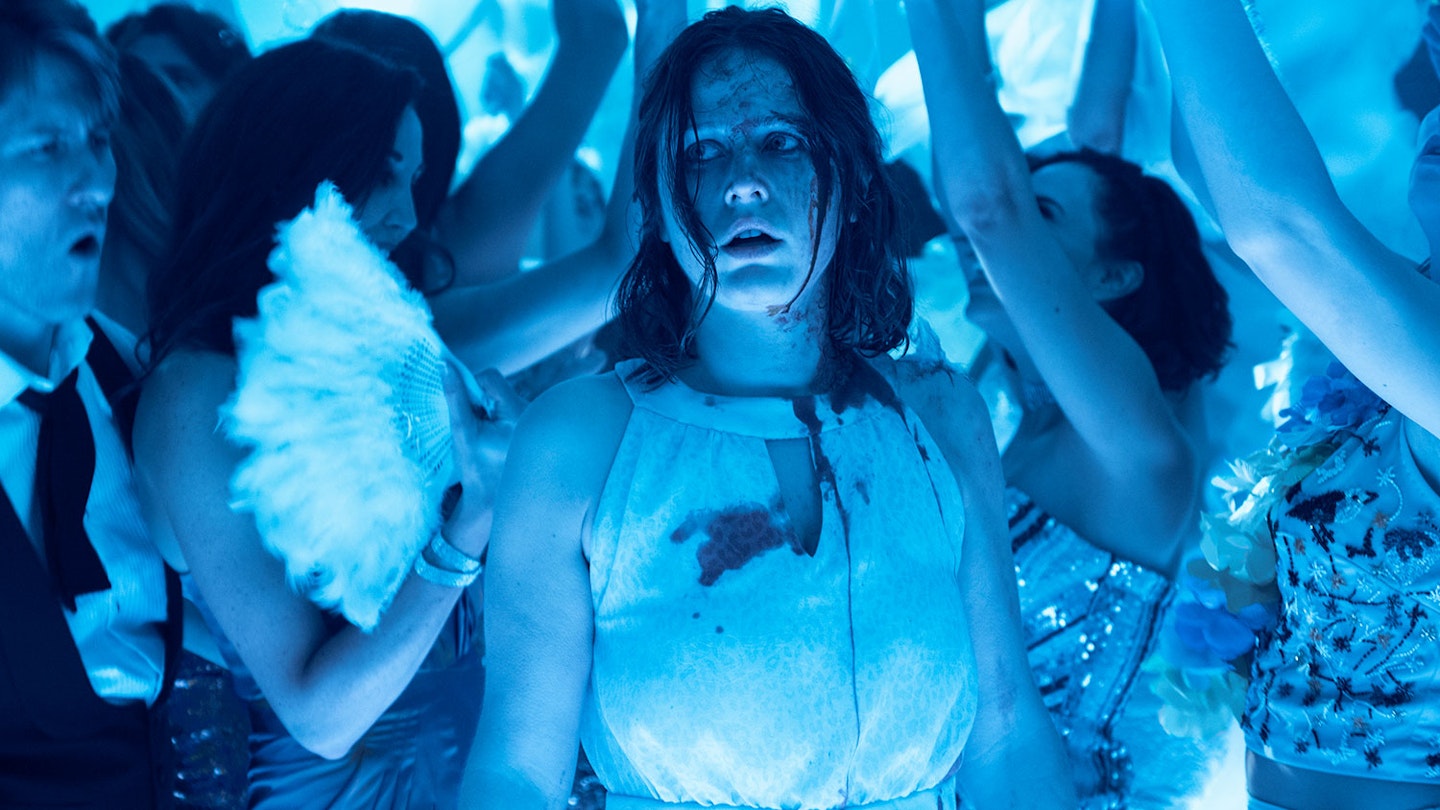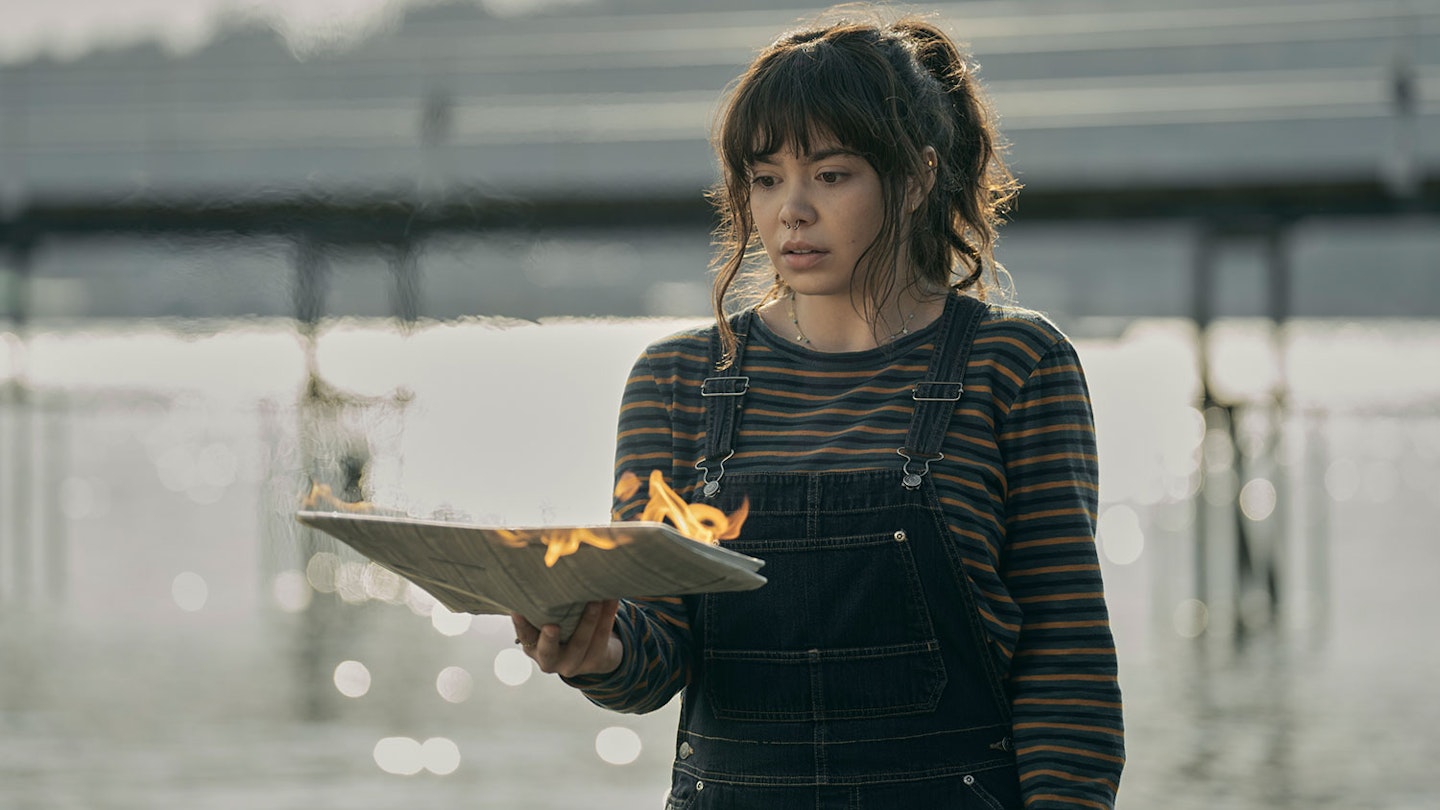Streaming on: Prime Video
Episodes viewed: 7 of 9
The allegory at the core of Naomi Alderman’s The Power, the novel on which this Prime Video series is based, isn’t a subtle one. Young girls across the globe start suddenly gaining the ability to create electricity, asserting dominance against the patriarchal system that so often sees them exploited and endangered — and that system flips out, determined to maintain its status by taking control of women’s bodies. Misogyny, rape culture, rapidly disappearing abortion rights — it’s not hard to see why the idea of girls being given a physical strength that allows them to fight back against the things they suffer at the hands of men every day is an appealing, cathartic one. Alderman’s story digs deeper into what this new kind of world could look like: what would young women use their new ability for? How would governments respond? Would women abuse their power just as much as men historically have, if given the chance?

The show follows five separate clusters of characters as they deal with the electrifying emergence. There’s Allie (Halle Bush), a fiercely religious mute girl eager to escape her abusive situation; Roxy (Ria Zmitrowicz), the scrappy daughter of a renowned London gangster; Nigerian aspiring journalist Tunde (Ted Lasso’s Toheeb Jimoh); wife of the Moldovan President, Tatiana (Zrinka Cvitesic); and Mayor of Seattle Margot (Toni Collette) and her emotionally estranged daughter, Jos (Auli’i Cravalho).
Big sequences like an uprising in Saudi Arabia, a nightmarish press conference and a frenetic shootout send shivers down your spine.
Some of these elements are stronger than others. You’re instantly rooting for Roxy, despite her abrasive nature. Allie has a magnetic, messianic quality. Toni Collette is impeccable as ever as a woman in the challenging environment of politics; as someone who should already have so much power, she’s constantly having to navigate the micro-aggressions of her male superiors, whilst worrying about appearing relatable to her voters. Jos takes a while to develop, though, and the sheer amount of jumping around can make it tricky to invest in any one plot-thread properly.
The series starts slowly and conventionally, getting you acquainted with the sizeable ensemble and slowly unfurling the electric epidemic. As the episodes tick on and the power becomes more prominent, both the global and domestic fallout from it become more apparent, with the two ends of that scale balanced well in the script. Big sequences like an uprising in Saudi Arabia, a nightmarish press conference and a frenetic shootout send shivers down your spine; you just have to wait a little while for them. There are nits to pick with The Power’s pacing. But one thing’s for sure — the impact of seeing a hall of schoolgirls with their hands tied to restrain them, vulnerable young women fighting back against their oppressors, or hearing Jos talk about how she’s not afraid to walk home alone at night anymore, cannot be understated. The Power’s spark is small at first, but soon grows mighty.
